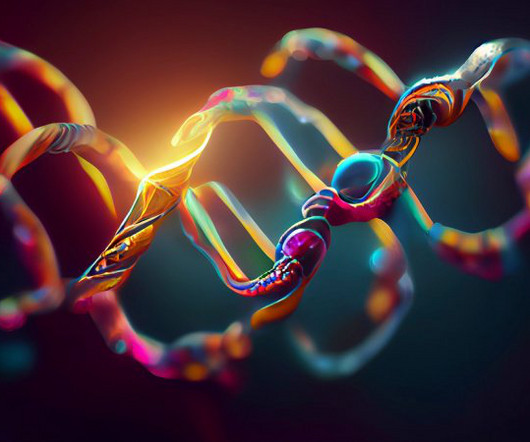Artificial intelligence could be new blueprint for precision drug discovery
The Pharma Data
JULY 12, 2021
online issue of Nature Communications, researchers at University of California San Diego School of Medicine describe a new approach that uses machine learning to hunt for disease targets and then predicts whether a drug is likely to receive FDA approval. HUMANOID Center of Research Excellence?(CoRE),














Let's personalize your content